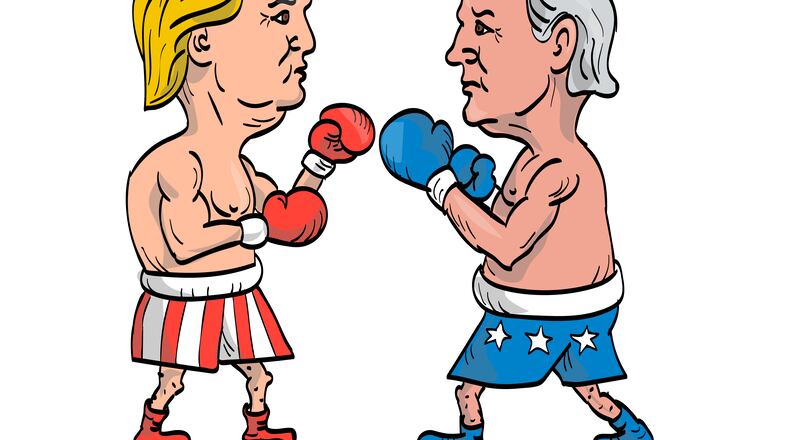"By 2008, debates had degenerated to short, sometimes testy, and not very informative assertions and barbs. There were exceptions, but those who don't follow the now-prevalent style are often mocked as irrelevant and weak."
The Lincoln-Douglas debates come to mind. Sometime after 1960 — the first televised debate between the handsome John Kennedy and the sweaty Richard Nixon — things began to change.
By 2008, debates had degenerated to short, sometimes testy, and not very informative assertions and barbs. There were exceptions, but those who don’t follow the now-prevalent style are often mocked as irrelevant and weak.
But the funny thing is that many people are perfectly happy with this new style. Apparently, politicians don’t say much and citizens don’t care much, with the exception of their bases.
Political bases, meaning the most avid supporters of one side or the other, seem to enjoy the blood sport of the current debate scene. But not everyone does, and enough of those “not everyones” can tip an election, although I have my doubts that any debate today would change many minds. We seem to be too polarized, and we have stopped listening to each other. What is a candidate to do?
Donald Trump and Joe Biden will be debating in Cleveland on Tuesday. It will take a lot more than one debate to address the current polarization.
But polarization does leave some in the middle. A debate, therefore, can sway at least some of them. But how can the two candidates move potential voters? President Trump must resist the temptation to engage in uncivil and demeaning talk. He should avoid attacking Joe Biden because of his age and verbal gaffes. Biden’s age is by itself irrelevant. Biden has always been a somewhat “odd duck” in how he articulates ideas and policies.
In addition, President Trump should not use epithets like “sleepy Joe.”
On the positive side, he must say something to alleviate the distrust of some older Americans and women, who perceive he doesn’t care about the COVID virus. And he should offer solid reasons why a Supreme Court nominee should be put forward before the election.
Joe Biden must be coherent.
Democrats can always say, “Well, he just doesn’t think like we do.” But he had better speak like we do or no one will understand him and he will invite criticism of his, yes, mental abilities. Biden also should avoid inflammatory language, even if he says it in a more “soothing” way. He should also start providing some substance on his policies and at least make it appear that he really believes what he says.
One debate will not solve the polarization problem. But it doesn’t have to make it worse.
Dr. Marc Clauson is professor of history and law at Cedarville University.
About the Author


